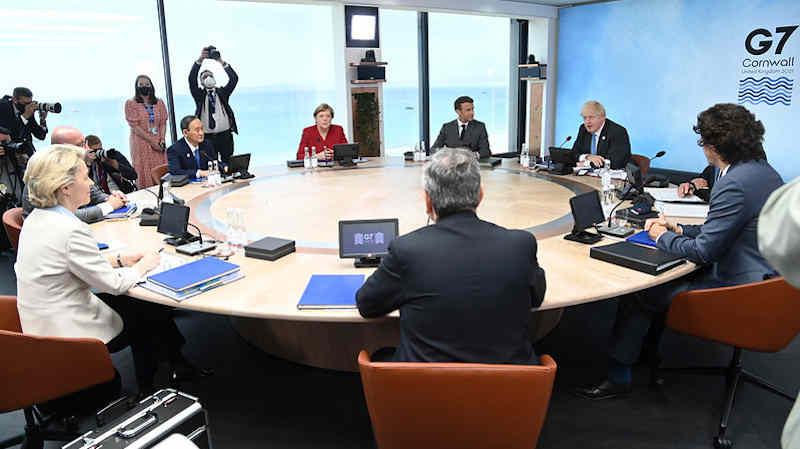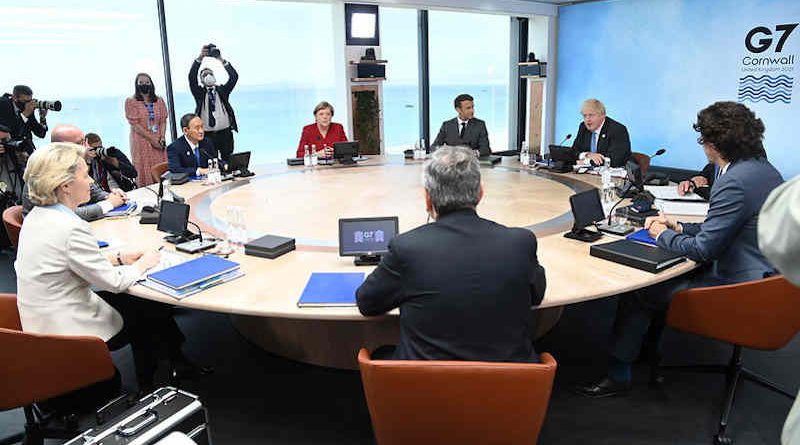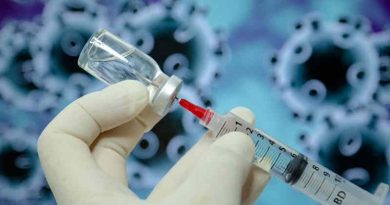G7 to Donate Covid Vaccine Doses to Poor Countries

Several forecasts suggest that G7 countries will have enough vaccine supplies to donate 1 billion doses by as early as the end of 2021.
The leaders of G7 nations (UK, US, Canada, Japan, France, Germany, and Italy) have decided to accelerate the rollout of safe, effective, accessible, and affordable vaccines for the poorest countries, with a goal toward ending the pandemic in 2022.
UNICEF Executive Director Henrietta Fore has welcomed the decision. In a statement released on June 13, she said that equitable access to Covid-19 vaccines represents the clearest pathway out of this pandemic for all of us — children included, and commitments announced by G7 members last week are an important step in this direction.
UNICEF says it is particularly satisfied that some of the dose donations will be made available immediately to supplement ongoing shortfalls. However, time is still of the critical essence.
Even as many citizens in high-income countries begin to contemplate post-vaccination life, in low-income countries, the future appears quite bleak, Ms Fore said.
More people have died of Covid-19 already this year than in the whole of 2020, led by outbreaks in numerous countries where vaccines remain out of reach. UNICEF says it is particularly worried about the surges in South America, Asia, and Africa.
“As the pandemic rages, the virus mutates and produces new variants that could potentially threaten the vaccinated and unvaccinated alike. We are in a fierce race. Donating doses now is smart policy that speaks to our collective best interests,” Ms Fore stated.
Several forecasts suggest that G7 countries will have enough vaccine supplies to donate 1 billion doses by as early as the end of 2021. In addition to these vaccine pledges, UNICEF and many other organizations and countries involved with distribution and readiness need clear timelines regarding when the vaccines will be available. This is a particularly important element for successfully delivering the vaccines in countries with poor health infrastructure.
“The Covid-19 pandemic has upended the lives of children, affecting every aspect of their lives: their health, education, protection and future prosperity. Now, more than ever, what we do today will have a significant and lasting impact on our collective tomorrows. There is no time to waste,” Ms Fore added in her statement.





